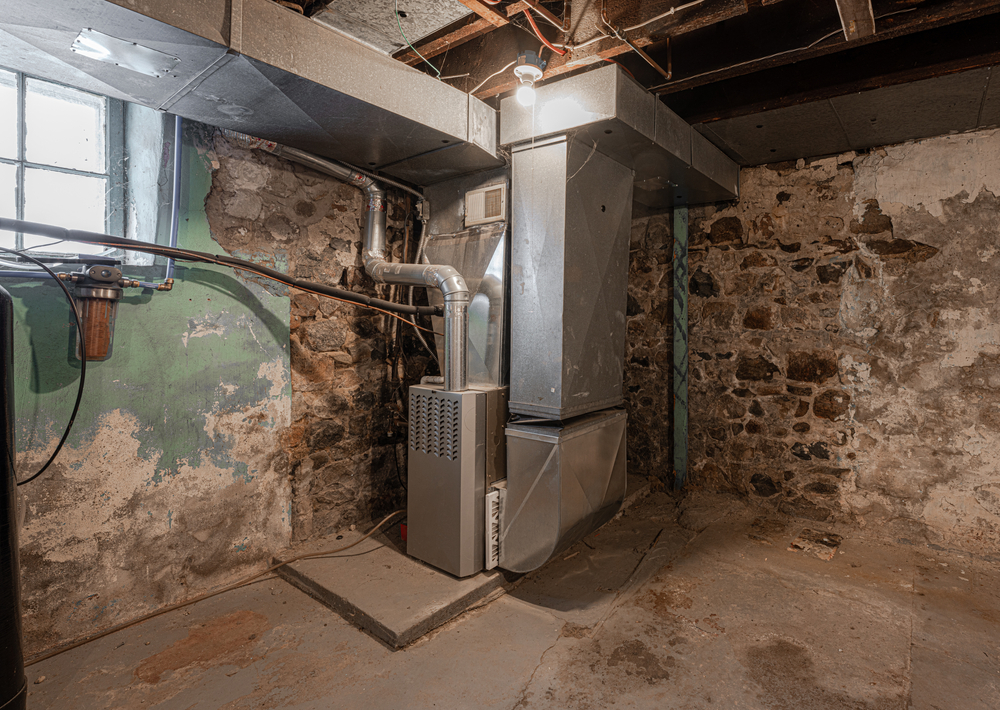Buying or selling a home can feel like navigating a maze filled with unexpected expenses, and a broken appliance or failing HVAC system can pop up when you least expect it. That’s where a home warranty comes in—a tool designed to help protect homeowners from costly repairs while offering peace of mind. But what exactly is a home warranty, and how do you know if it’s worth the investment?
In this article, we’ll break down the essentials of home warranties, explore common questions buyers and sellers have, and provide real-world examples to help y ou make an informed decision. By the end, you’ll have a clear understanding of how a home warranty can fit into your homeownership journey and whether it’s right for you.
Understanding the Basics of a Home Warranty
A home warranty is a service contract that covers the repair or replacement of certain home systems and appliances when they break down due to normal wear and tear. Unlike homeowners insurance, which protects against catastrophic events like fire or storm damage, a home warranty focuses on everyday failures, such as a malfunctioning water heater or a refrigerator that suddenly stops cooling.
Typically, home warranties cover items like HVAC systems, plumbing, electrical systems, kitchen appliances, and laundry machines. Coverage varies depending on the plan, so it’s essential to review the fine print. Many plans also require a service fee, usually ranging from $50 to $125 per repair call, which is significantly less than paying the full cost of a major appliance repair out of pocket.
For new homeowners, a home warranty can be particularly appealing. Moving into a new house is stressful enough without having to worry about unexpected repairs. For sellers, offering a home warranty can make a property more attractive by giving buyers confidence that they won’t face immediate financial surprises after closing.
Why Buyers Consider a Home Warranty
One of the most common questions buyers ask is whether a home warranty is worth the cost. Imagine this scenario: you’ve just moved into your new home, and the furnace decides to quit in the dead of winter. Without a home warranty, you might be staring at a $3,000 repair bill. With a warranty, you could pay a small service fee and have the repair handled for you.
Beyond the financial safety net, a home warranty offers convenience. Instead of researching local contractors, negotiating costs, and hoping the repair goes smoothly, homeowners can contact the warranty company and let them coordinate the service. This can be especially helpful for first-time buyers who are still learning the ins and outs of home maintenance.
It’s important to remember, though, that home warranties aren’t a one-size-fits-all solution. Some buyers with newer homes that have recently replaced major systems may find the cost unnecessary. Others prefer to self-insure by setting aside a repair fund. The key is to evaluate your comfort level with risk and potential repair expenses.
How Sellers Use Home Warranties to Add Value

For sellers, a home warranty can act as a powerful incentive. Offering a warranty during the sale process can differentiate your property from others on the market. Buyers may feel more confident making an offer on a home that comes with coverage for potential appliance or system failures, which can sometimes speed up the closing process.
Home warranties also help minimize post-sale disputes. If a covered appliance breaks shortly after the sale, the buyer can handle the repair through the warranty rather than contacting the seller, reducing stress and maintaining goodwill. This can be particularly valuable in competitive markets where sellers want to provide extra assurance to prospective buyers.
Of course, sellers need to weigh the cost of providing a warranty against the potential benefits. Policies typically range from $350 to $600 for a year of coverage, which is often a small price to pay for smoother negotiations and increased buyer confidence.
What Home Warranties Don’t Cover
It’s easy to assume a home warranty covers everything in your house, but that’s not the case. Pre-existing conditions are typically excluded, and some plans have specific limits on repairs or replacements. For example, a $3,000 cap on an appliance means that if your refrigerator repair exceeds that amount, you’ll be responsible for the difference.
Another consideration is that not all service experiences are seamless. Some homeowners report delays in scheduling repairs or disputes over whether a repair is covered. That’s why it’s crucial to choose a reputable warranty provider and read the contract carefully. Understanding what’s included—and what isn’t—will help avoid surprises later.
In short, a home warranty is a helpful tool, but it’s not a magic solution. Knowing its limitations allows you to make the most of it without unrealistic expectations.
Real-World Examples of Home Warranty Use

Consider a buyer who recently purchased a 15-year-old home. Within six months, the air conditioning unit fails. With a home warranty, the buyer pays a small service fee and the warranty company arranges for a licensed technician to repair or replace the system. Without a warranty, that same repair could cost several thousand dollars out of pocket.
On the seller side, imagine a home with a slightly older water heater. Offering a home warranty in the listing helped the seller attract multiple offers. One buyer mentioned the warranty as a deciding factor, noting that it reduced the worry of unexpected expenses in the first year. The sale went smoothly, and the seller avoided potential negotiations over repair requests after closing.
These examples illustrate that while a home warranty isn’t required, it can provide practical financial and logistical benefits for both buyers and sellers when used thoughtfully.
Making the Decision About a Home Warranty
Ultimately, the decision to purchase a home warranty comes down to individual circumstances. Homebuyers should evaluate the age and condition of major appliances and systems, their risk tolerance, and the peace of mind a warranty might offer. Sellers should consider whether offering a warranty could make their home more appealing in the current market.
Talking with a real estate professional is invaluable in this process. An experienced agent can provide insights based on local market trends, typical home ages, and what buyers in your area expect. They can also recommend reputable home warranty providers and help you understand the fine print before making a commitment.
Home warranties aren’t a requirement, but when used strategically, they can provide protection, convenience, and confidence during one of the most significant transactions of your life.
Frequently Asked Questions About Home Warranties
What does a home warranty cover?
A home warranty typically covers major home systems like HVAC, plumbing, and electrical, as well as appliances such as refrigerators, ovens, and washers and dryers. Coverage varies by plan, so always review the contract carefully.
Is a home warranty worth it for new homes?
It depends. Newer homes may have systems and appliances that are less likely to fail, so a warranty might be less critical. However, some buyers appreciate the extra protection for peace of mind, especially in the first year.
How much does a home warranty cost?
Most home warranties range from $350 to $600 annually, with service fees for individual repair calls typically between $50 and $125. Costs vary depending on coverage and provider.
Do home warranties cover pre-existing issues?
No. Pre-existing conditions are generally excluded. A home warranty is designed to cover failures due to normal wear and tear after the contract begins.
Can sellers offer a home warranty?
Yes. Offering a home warranty can make a property more attractive to buyers by providing assurance that covered items will be repaired or replaced if they fail shortly after closing.

